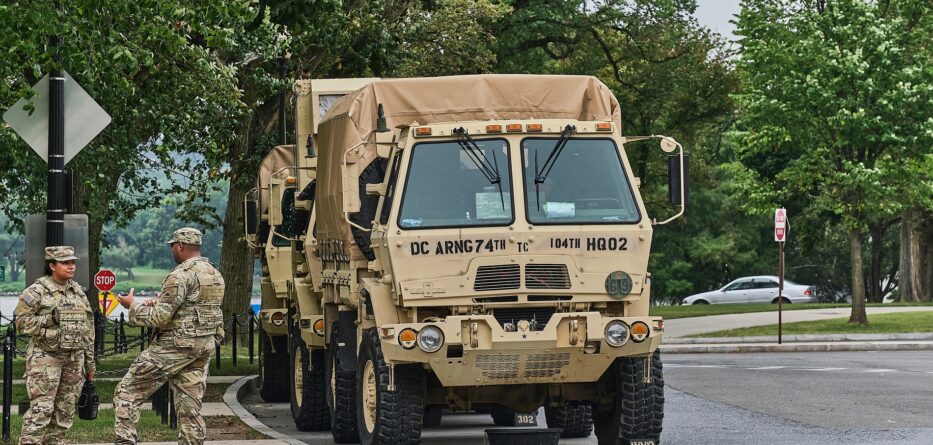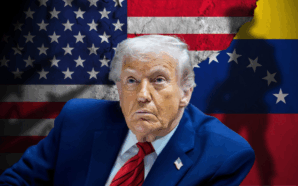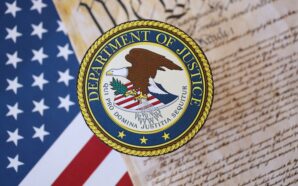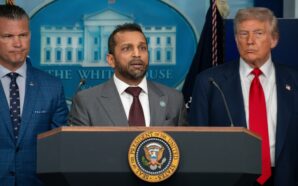
Attorney General calls it a “forced military occupation”
Washington, D.C. has filed a lawsuit against the Trump administration over the deployment of thousands of National Guard troops in the city. The case, led by Attorney General Brian Schwalb, argues that the presence of troops amounts to a forced military occupation that violates both constitutional norms and the city’s limited right to self-govern.
Why D.C. is suing
The lawsuit claims that the administration’s decision to send troops without approval from local officials undermines the city’s Home Rule Act. Schwalb argued that armed forces should not be used for civilian policing, especially when many of the deployed troops come from out of state and are not accountable to D.C. residents. He described the situation as an overreach of federal authority that directly impacts the freedoms of the people living in the capital.
The administration’s defense
The White House maintains that the deployment is lawful and justified. Officials say the National Guard has been stationed in the city to protect federal property and to support police during periods of unrest. A spokesperson defended the move, insisting that the president has the authority to act in Washington, D.C., when national security or federal assets are at risk.
Scope of the deployment
As of early September, nearly 2,300 National Guard members are operating in D.C. More than 1,300 of them have been brought in from other states. They have been stationed at prominent locations such as the National Mall and Metro stations. Reports note that troops have been assisting in a variety of public safety incidents, from medical emergencies to monitoring suspicious activity.
Broader implications
The lawsuit marks the most direct legal challenge yet to the federal government’s expanded use of military forces in the nation’s capital. It comes after similar deployments in other states have already been struck down by the courts. If the case succeeds, it could set important limits on federal authority and reshape the balance of power between Washington and local governance.
Bottom line
D.C.’s legal action is more than a fight over troop presence. It is a battle over autonomy, constitutional limits, and the role of the military in civilian life. The outcome of this case could have lasting consequences for how the federal government uses military power in American cities.
-
Credit: Shutterstock While the Super Bowl delivered its usual edge-of-your-seat action on the field, millions of fans made a...
-
Credit: Shutterstock Poland is opening a wide-ranging investigation into possible links between Jeffrey Epstein’s sex-trafficking network and Russian intelligence...
-
Credit: Shutterstock The U.S. Department of Justice on Friday unveiled its most extensive disclosure yet in the Jeffrey Epstein...
-
Credit: Shutterstock In a dramatic reset aimed at cooling tensions, Border Czar Tom Homan has ordered Border Patrol leadership...
-
Credit: Shutterstock What began as a high-profile factory tour quickly turned into a headline-making moment that’s now fueling conversations...
-
Credit: Shutterstock Former President Donald Trump has once again ignited global controversy—this time by reviving his push for U.S....
-
Credit: Shutterstock Political tensions across the Americas surged this weekend after former U.S. President Donald Trump issued stark warnings...
-
Credit: Shutterstock Minnesota Governor Tim Walz responded Sunday to mounting concerns over a major fraud scandal after a viral...
-
Credit: Shutterstock The Department of Justice has reversed course and restored previously removed images from the Jeffrey Epstein document...
-
Credit: Shutterstock The world of film, television, and political activism is reeling from the sudden and devastating news of...
-
Credit: Shutterstock JPMorgan Chase CEO Jamie Dimon delivered an unusually direct rebuttal this week after Trump Media & Technology...
-
Credit: Shutterstock A shocking new 115-page report has peeled back the curtain on life inside the FBI under Director...




















